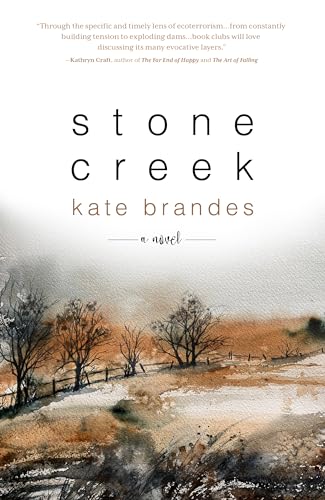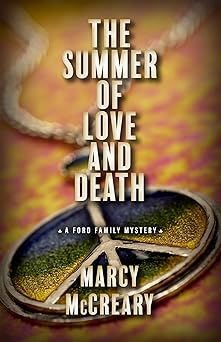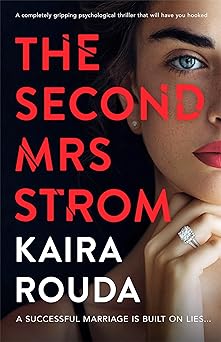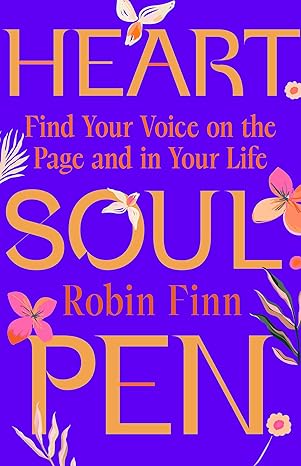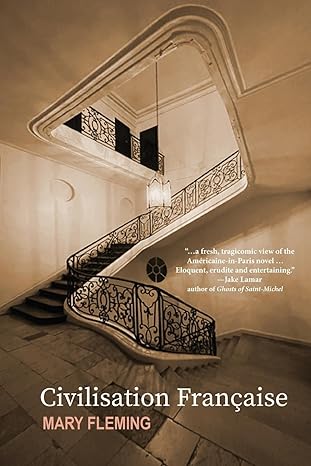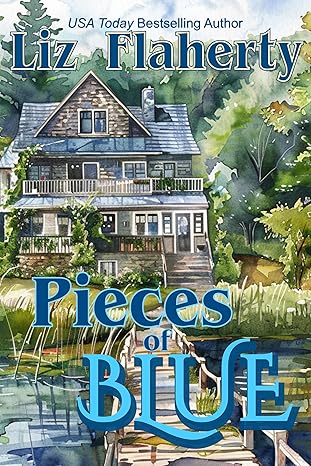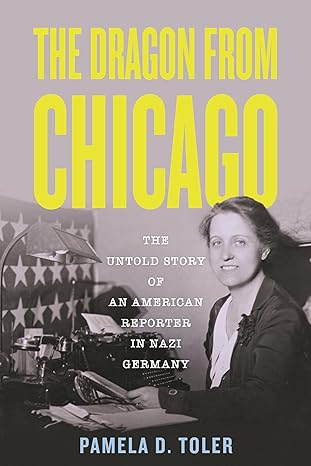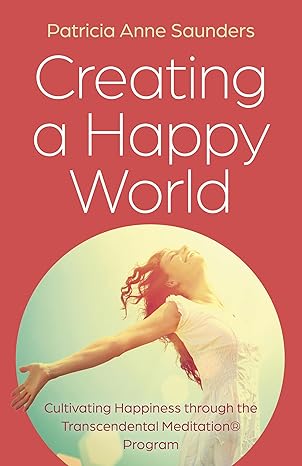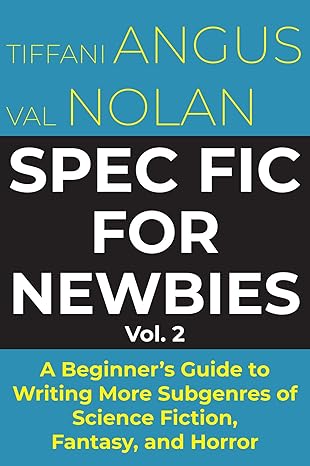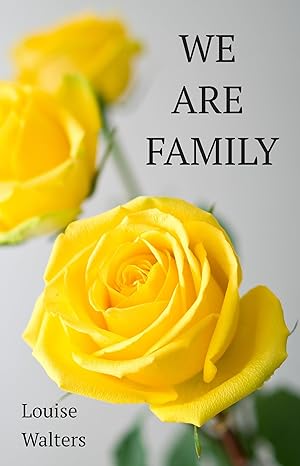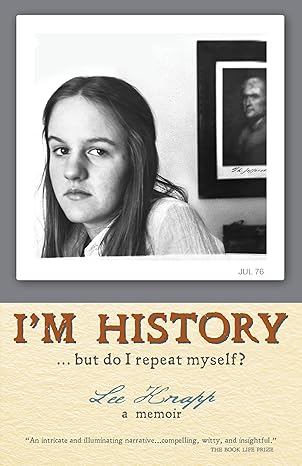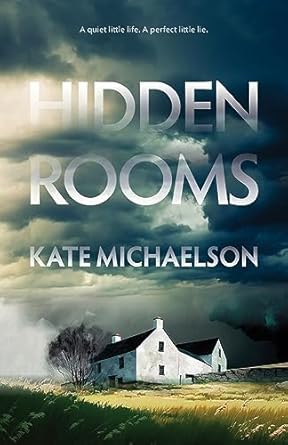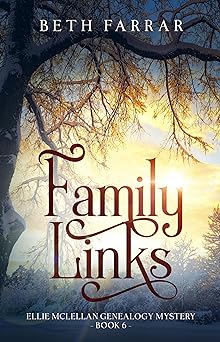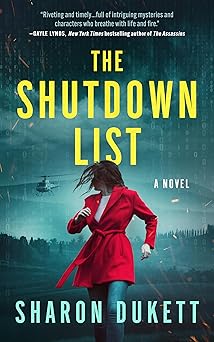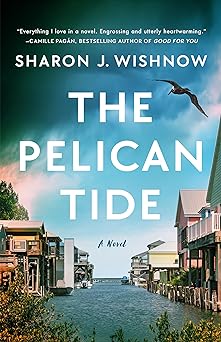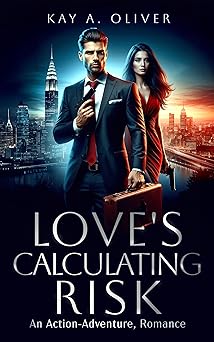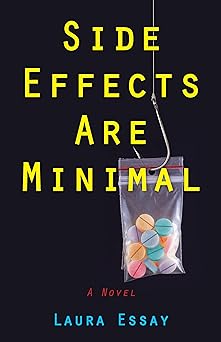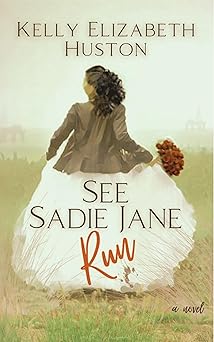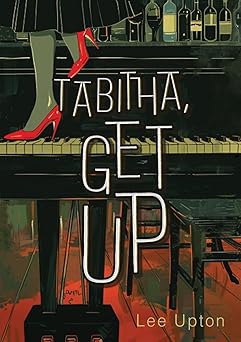Exploding Family Land-Mines
Exploding family land-mines
 Czeslaw Milosz, the great poet, said, “When a writer is born into a family, the family is finished.” Gary Shteyngart added, “If the family isn’t finished, then the writer is.”
Czeslaw Milosz, the great poet, said, “When a writer is born into a family, the family is finished.” Gary Shteyngart added, “If the family isn’t finished, then the writer is.”
When I set out to write Our Lying Kin, it was intended specifically to be the second book in what is becoming a mystery series, featuring Zara and Lilly. Zara and Lilly are sisters, deep into middle-age (okay, 60 and 61) and they have a fraught family history.
In the first book, Nine Tenths of the Law, Zara and Lilly faced the reverberations of their mother, Aurora’s, early life. Aurora was a Holocaust survivor, the only one in her family to live through the horrors. She haunted Zara as the sisters worked through devastating second-generation trauma and guilt. Couched in a mystery surrounding the theft of a precious menorah from a New York museum in contemporary times, the sisters cried, laughed, sleuthed and cooked their way to solving the crime.
Our Lying Kin brings a second mystery into Zara and Lilly’s life. This time, it is their father’s history that plagues them. Daniel, himself the son of refugees—but from the pogroms of then-Hungary (at times Czechoslovakia, Austria, and now Ukraine)–was a violent, charming, successful doctor. He was married to Aurora for over 50 years, but, it turns out, he had an active secret second life. After his death, Zara and Lilly are confronted with his legacy, which includes a possible additional sister, a co-op apartment in New York City, and maybe some insurance fraud.
I’m always asked, at every reading and signing, how much of my books is “true.” Truth, of course, is the backbone of Art. Fiction holds the mirror to reality, telling us our own stories better than we can tell them to ourselves. Invention is the creative part of truth-telling, weaving a plot that shines an honest light on our souls.
Does that sound like I’m obfuscating? Well, in a sense I am.
Like Zara, I have a sister. She is tall and dark and beautiful, like Lilly. And she’s warm and loving and outgoing. I am small and fair, and, like Zara, I’m nervous and have no fashion-sense. Our mother was a Holocaust survivor with a harrowing story. Much of her story is woven into Nine Tenths of the Law. But we haven’t solved any crimes yet!
What about Daniel, and the devastation he wreaks upon the family in Our Lying Kin? Grant Snider’s comic in the New York Times book review said it right: In Autofiction, the things that sound made-up are true, and the things that sound true are made up.
If a writer were to interview her relatives about, say, a long-buried scandal in the history of the family, she would find each person telling it differently. There are usually a few basic facts: Uncle died of a heart attack on June 5 of that year, two days after Aunt discovered his other child. But then, in the telling, critical elements of point of view and revision emerge. Aunt may well remember that she had an inkling of this scandal even ten years earlier. Love-child may remember that Daddy was there every Sunday, but always argued with Mommy. Cousin recalls that it was Mom, not Dad, who was out every Sunday. And you as the writer have your own memory of the whispers and gossip that you heard.
When it comes to writing about that scandal, though, you as the writer get to make up whatever you need to make your art real. Do you send Auntie away to a hospital for six months? Have Uncle be in the public eye as a well-regarded city mayor? Add a few financial misdeeds to the brew, or even a murder? Have Cousin arrested for public indecency?
You choose what story you’re writing, what makes the story resonate, what adds relatable piquancy. When it hangs together in a way that’s more plausible than reality—after all, our world is often so illogically unreal—you know you’ve got your plot.
So when you’re exploding your family’s secrets on to the page, feel free to exaggerate reality—that’s not the part anyone’s going to believe, anyway. It’s the parts you make up that you’ve got to watch. After all, those creative parts are the ones that will strike the loudest chord.
And if anyone complains, you can quote the great Anne Lamott: If people wanted you to write warmly about them, they should have behaved better.
—
Claudia Hagadus Long is the author of five prior novels: Josefina’s Sin, The Duel for Consuelo, and Chains of Silver (a trilogy of Colonial Mexico, 1690-1753); The Harlot’s Pen (women in the labor movement in 1920 San Francisco); and Nine Tenths of the Law (two sisters, their mother, and a Nazi thief). She is an attorney in Northern California. She lives with her husband and far too many animals. For more information, please visit https://claudiahlong.
OUR LYING KIN
 “Hello? I knew your father…better than you did.”
“Hello? I knew your father…better than you did.”
Zara and Lilly are back, but their relationship has some cracks in it. Through the long pandemic isolation, Zara’s gone from straight-laced to rigid, while Lilly, true to form, has indulged in some dubious — and not-particularly-legal — adventures. But they’re still sisters, and sisters are special.
While Zara is visiting New York to help Lilly testify against the thief and murderer Walter Rosen, a surprise phone call rocks their view of their family: a woman claims a shocking relationship to their deceased father, and now to them. Zara and Lilly turn their considerable sleuthing talents toward unraveling a series of family mysteries…but their quest begins in earnest when they learn that Rosen, who nearly killed Lilly the last time they met, has escaped from custody.
Can Zara and Lilly discover the truth about their new-found — possibly ersatz — relative, while keeping themselves and their loved ones safe from a Nazi’s vengeance?
Laced with verbal photographs of a family’s secrets, and filled with humor, sibling rivalry, and love, Our Lying Kin tells a human, haunting and rollicking story of the ravages of the pandemic and the power of family.
Category: How To and Tips, On Writing




